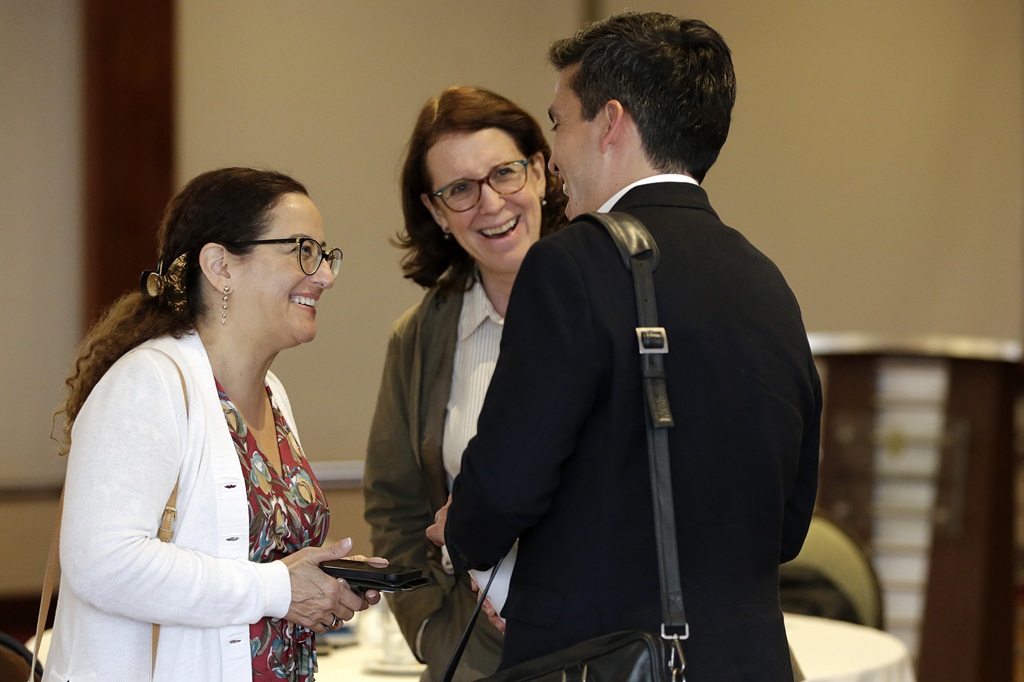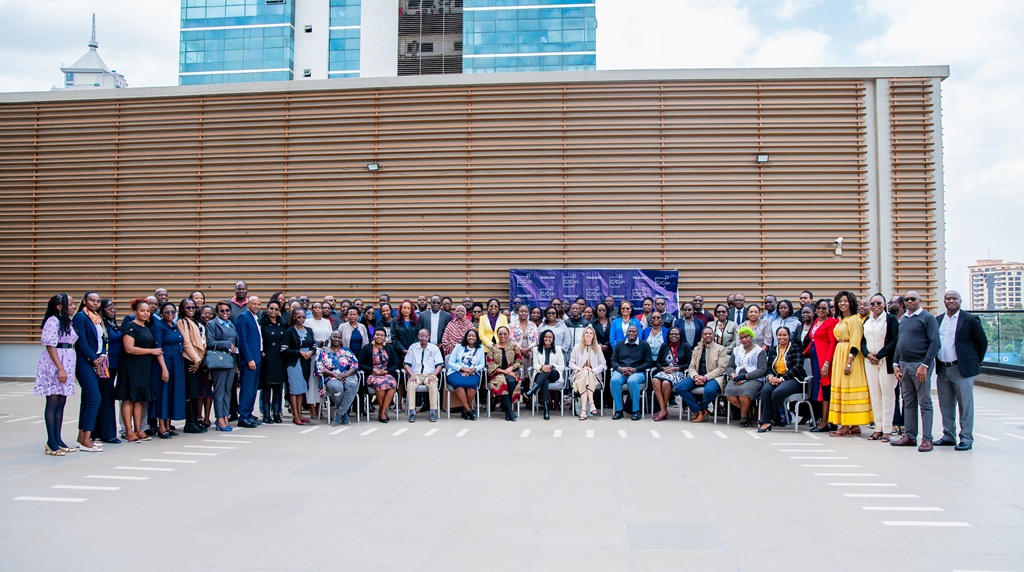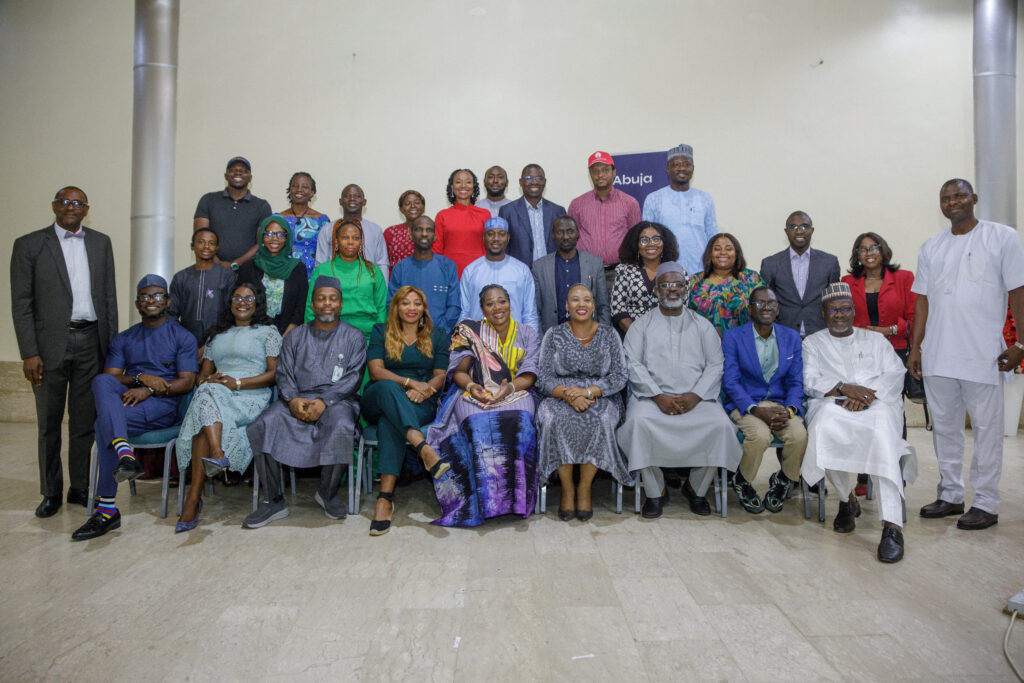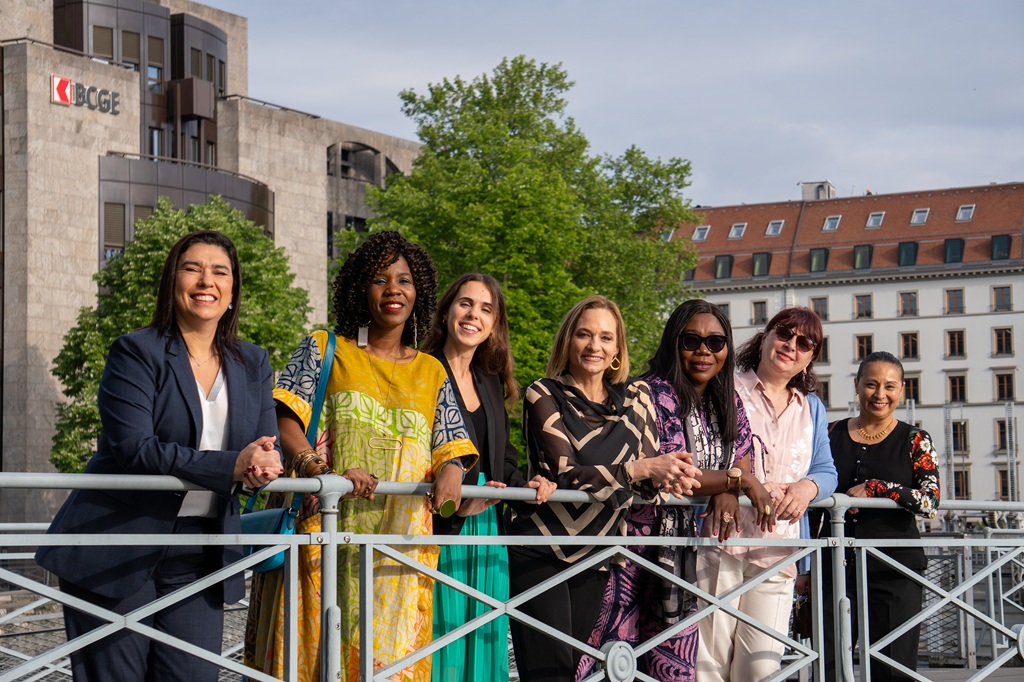
Carmen Rosario Palta Galíndez is a Cancer Consultant leading health projects run by Colombian development foundation ProPacífico. Over the last 14 years, she has led public and private interdisciplinary and intersectoral teams to develop and implement health and social programmes at a regional and national level. ProPacífico is C/Can’s Sustainability partner in Cali, taking forward many projects that were formed during the C/Can process and ensuring their implementation and evaluation.
Carmen is a nurse by training and has a Master’s degree in Epidemiology from the Universidad del Valle and a Master’s degree in Health Services Management and Health Economic Evaluations from the Universidad de Antioquia.
Can you give us an introduction to ProPacifíco?
ProPacífico is a private, not-for-profit foundation based in Cali, in the Valle del Cauca region of Colombia, that coordinates and manages high-impact development projects with the public and private sectors. We work on four strategic axes: education, health and welfare; water and environmental sustainability; infrastructure and competitiveness; and territorial planning.
How did ProPacifíco become a sustainability partner of C/Can and what has this involved?
In 2017, ProPacífico began working on a project to improve the management of the Valle del Cauca’s health system. From there, a series of proposals and initiatives for Cali emerged.
Initially, we focused on formulating public policy input instruments to support national, departmental and local governments. The second stage involved efforts toward strengthening the quality of healthcare and, in particular, guaranteeing effective access to health services, along with comprehensive risk management of the conditions that represent the greatest burden of disease or that have the greatest economic impact on the health system. This was when we learned about City Cancer Challenge Foundation and its global mission to support emerging economies to reduce the impact of cancer.
In November 2019, we signed a collaboration agreement with C/Can. This has been an opportunity for the city to develop solutions by empowering local actors and communities to guarantee effective and equitable access to cancer care. It is also a way to link different organisations, to find people who want to work together to achieve the same goals. Belonging to this alliance is a great opportunity to close gaps in cancer care for Colombia’s Pacific region. National organisations now also form a part of the alliance.
What has been implemented since then?
All of the nine projects we set up have been completed, including the development and socialisation of five management guidelines for the diagnosis, treatment and follow-up of cancer patients. These guidelines are based on the expertise of local health professionals and adapted to suit the reality on the ground and our local context.
Similarly, a range of diplomas have been created in conjunction with local universities, along with courses, seminars and workshops on the management of oncology units, primary cancer care, oncology nursing, and the strengthening of palliative care. We have also finalised various quality manuals with best practice recommendations for Cali in pathology, radiotherapy, nuclear medicine, blood banks and information systems. What’s really important about these initiatives is that they have brought together different institutions in the city to share knowledge and expertise for the benefit of oncology patients in Cali and the wider region.
At the same time, we also began to work with the High Cost Account (CAC), a non-governmental institute that through the collection and analysis of data supports and recognizes risk management under the auspices of Colombian Social Security. It is a self-managed fund that uses a risk adjustment of the basic health insurance premium to promote the improvement of access and opportunity for all sectors of the population, especially those patients who have diseases considered high cost, to quality medical care.
All of these activities have strengthened relationships and are generating trust, allowing us to make available to our cancer patients all the knowledge, all the efforts, all the resources of each participating institution, each providing their own experiences so that other people can also move towards these best practices, move towards achieving results that others have achieved. I think this has really been one of the most valuable outcomes; not only the products that have been generated as a result of this teamwork, but what it means for the city, what it means for patients, what it means for health professionals themselves.
Could you give us some examples?
Perhaps the most important achievement has been to have brought together some 250 leaders in Cali representing a wide range of institutions, organisations, insurance companies, universities, foundations and health service providers to work together, thus helping overcome the fragmentation that characterised healthcare up until now.
The second is that we have been able to attract and mobilise different resources from sponsors that have benefited initiatives to transform care processes to identify and implement best practices. This has benefited more than 45 institutions, both insurers and health care providers at the primary and complementary levels, who care for the nearly 10,000 cancer patients who need treatment each year. The clinical practice guidelines, for example, were made available to every organisation of interest: these are the local actors that guarantee the provision of services.
In conjunction with the the Secretary of Health, a strategy called SARA has been implemented, which stands for socialisation, acceptance, replication and adherence. To date, 25% of the hospitals and clinics have institutionalised these guidelines for the comprehensive management of cancer patients, and this process will continue until 100% of them have signed up for the guidelines for their institutions and have achieved adherence. At that point, when we are in the final phase of the SARA implementation strategy, we will again collect data to assess the impact of the use of these management guidelines.
Similarly, 226 health professionals who care for oncology patients in different institutions in the city have benefited from training, such as the webinar on the quality of molecular tests in pathology, where 62 health professionals from 45 different institutions participated, along with 34 health professionals in the palliative care course, all of whom qualified 100%. At the same time, 130 health professionals all passed their diploma courses on management of oncology units, primary cancer care and oncology nursing.
In line with the objective of strengthening governance, in 2021, some 11 spaces for discussion on public policy with a focus on cancer were created and led, while 1,141 petitions, complaints and claims from cancer patients were analysed, 53% of which were due to problems of access to health services. 31% were due to delays and 6% due to lack of patient safety. Of these complaints, 24% corresponded to breast cancer patients, making this the group with the highest frequency. This exercise focused our working groups on analysing the enablers, the barriers and proposed strategies for solutions and actions to address and resolve these requests. This year, five working groups were held with representatives from Valle del Cauca and two neighbouring departments, Cauca and Nariño, where 72 health system actors met to analyse the achievements and challenges of the public health signal plans that ended last year, as well as the national ten-year Plan for Cancer Control. From all these discussions and analyses, a report document emerged that describes the priorities and needs of the Pacific region that must be addressed.
Is there anything you’d like to add about ProPacifíco’s partnership with C/Can?
Firstly I would like to express my satisfaction that in April, the collaboration agreement between ProPacífico and C/Can was renewed for another five years, and that in May a memorandum of understanding was renewed and signed with nine organisations working on cancer control at the national, regional and local level. These are the Mayor’s Office of Cali, the Municipal Health Secretariat—which is now the District Health Secretariat, because Cali is now a district—, the National Cancer Institute, the Cuenta del Alto Costo, the Institute for Health Technology Assessment, C/Can, the Population-based Cancer Registry, the Governor’s Office of Valle del Cauca through its dependence on the Departmental Health Secretariat, and of course, with the support of the Ministry of Health and Social Protection.
To have nine organisations working together is really wonderful for Cali and I think it has been achieved precisely because of this vote of confidence, by mobilising local leaders and because of the results and the initiatives that have been implemented. I can’t think of any other city in Colombia that works so closely with so many institutions, with so many key actors, both sectoral and from the health sector or directly related to the provision of services.
What advice would you give to other cities undergoing a similar process with a sustainability partner?
These projects require a lot of input from the professionals involved, and over time, they can lose focus, so my advice would be to stay active, to keep meeting to identify more and more new needs and above all, to map out city solutions that are feasible, that are realistic, and that solve the root causes of the needs identified for the care of oncology patients.
And finally… looking to the future
We are working on initiatives that show the best practices in the implementation of what is known in Colombia as the Comprehensive Health Care Pathways (RIAS), which is one of the priorities of this new national Ten-Year Plan. After the Statutory Law, which seeks to guarantee the fundamental right to health, a policy called País was rolled out, and with it an operational model now called Maité that led to the design of tools to guarantee that patients go through the full care continuum. These tools are called the rias, or integral routes, that despite the existence of resolutions, regulations and guiding manuals, have not yet been fully or sufficiently deployed by all hospitals. At the same time, we will continue with our governance objectives, among which is to resume the institutional roundtables with the key agents of the Colombian health system.





